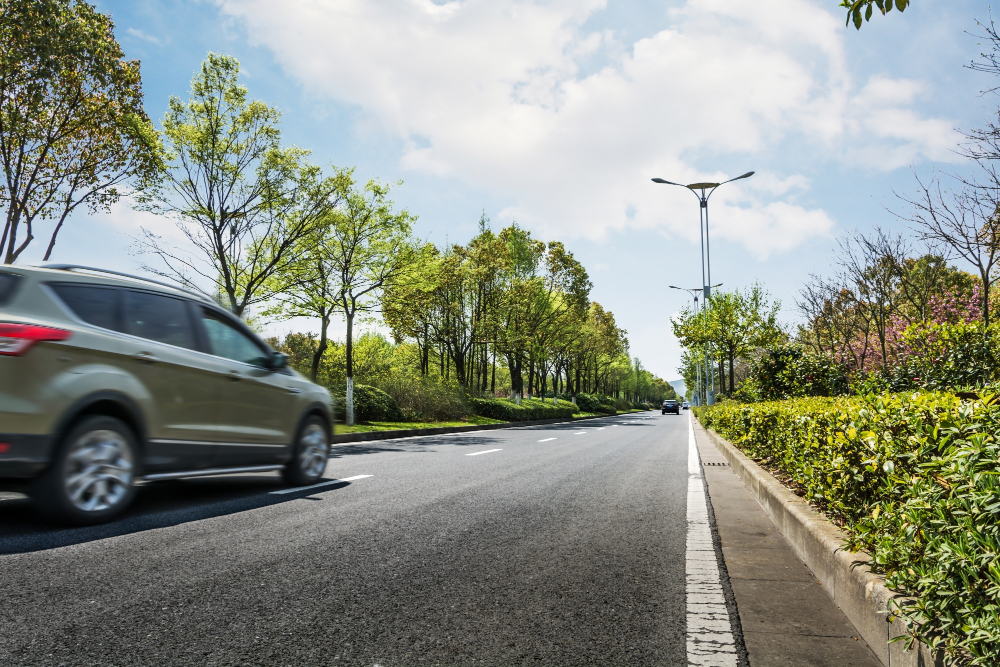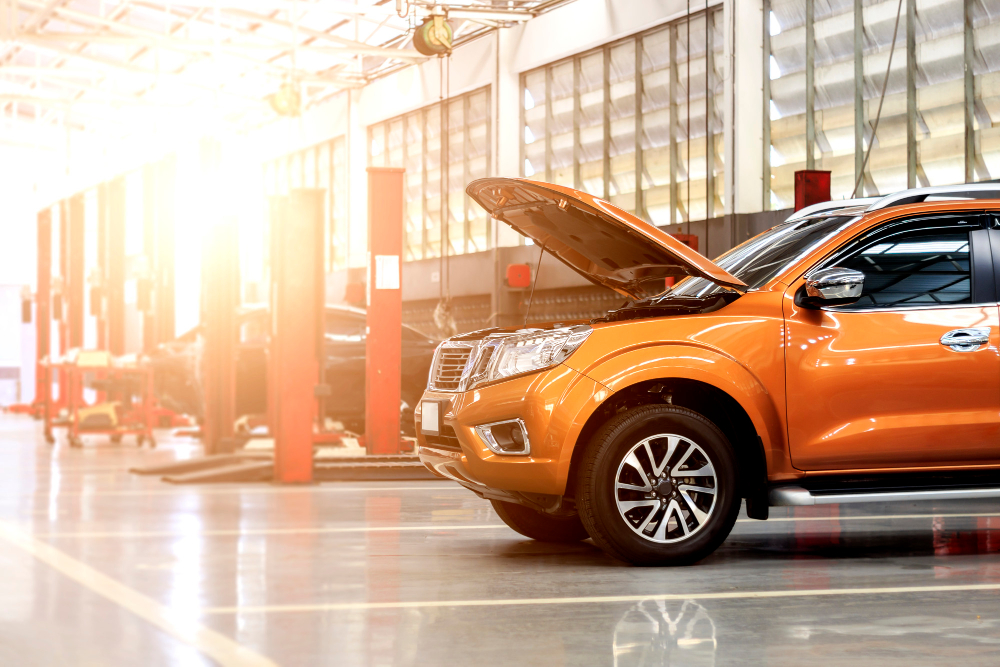How to Prepare Your Car For Your Summer Roadtrip [Infographic]
It’s summer once again. In the Philippines, it signals the time for families and friends to go on vacations and road trips in time for the school break and Holy Week.
But, before you jump into your car and start your engine, it is important that your vehicle is on its tip-top state and well-suited for long drives. You should check your car to make sure that it is in good condition and running smoothly so that you reduce the chances of accidents or breaking down in the middle of nowhere. Preparing your vehicle for a long road trip should not be done a day or two before your scheduled trip. It should be done a week or two before your trip. Just like listing down your itinerary or clothes to pack, it would also be helpful if you list down the things you should check and plan.
Remember BLOWBAG
After being a yearly reminder, drivers should by now remember the acronym BLOWBAG and know it by heart. It stands for battery, lights, oil, water, brakes, air, and gas. It should be a checklist on what to inspect before a scheduled trip.
Schedule a check-up with your mechanic
One of the easiest ways of preparing for a long road trip is scheduling a check-up with your trusted mechanic. Professionals will perform basic maintenance on your vehicle before you head out such as checking wipers and fluid levels. They can also do like oil changes or tune-ups that will make the condition of your vehicle only better.
Inspect your tire pressure and tread
Having a flat tire sucks—imagine what more during a long drive. Assess the air pressure of your tires and make sure there are no bulges and holes. Moreover, for any tears or bulges in the sidewall. The tires should have a good amount of tread left. The easiest way to measure this, if you don’t have a gauge, is to hold a quarter upside down in the tread. If the tire treads are worn out, you have to change tires as soon as possible.
Check out wipers, filters, etc
Check the condition of your wiper blades, pollen filter (car cabin), and air filters. Replace them if necessary. This will improve the vehicle’s performance and efficiency.
Pack an emergency kit and keep it in your car
The only thing worse than breaking down is breaking down on a busy stretch of highway without the necessary equipment to make sure you and your passengers remain safe. It should include medical supplies, a first aid kit, medicines, food, water, extra clothes, etc. Additionally, an emergency kit should also cater to your car. Make sure you have a spare tire, oils, a flashlight, rags, extra spark plugs, and anything else recommended by your trusted mechanic.
Plan your route beforehand
Knowing your route beforehand will help you get where you’re going, making it easy to find gas stations or restaurants along the way, especially when unexpected emergencies or accidents happen. Bringing traffic-enabled devices can also warn of roadway congestion, and all units can assist in finding an alternate route
Bring in some fun!
Long drives can be boring—especially if you travel with children. Consider bringing a portable DVD player or handheld electronic games which the children can use in the car. Ensure you can recharge or power the equipment using the car engine and battery, which may require the purchase of additional equipment.
Protect your car
If ever accidents on the road happen, having your car insured is probably the best thing you can think of. When driving long distances, you put more danger on your car and its passengers because let’s face it, anything can happen on the road, especially on provincial ones. Having your car insured is the best preparation you will do to protect your loved ones and your treasured possession in the long run.
As the cliché goes, “it is better to be safe than sorry.”, or “prevention is better than cure.” True enough, while accidents can happen anywhere, any time, and to anyone, you can only prepare for the worst, rather than prevent it from happening.
More useful reads from iChoose.ph







